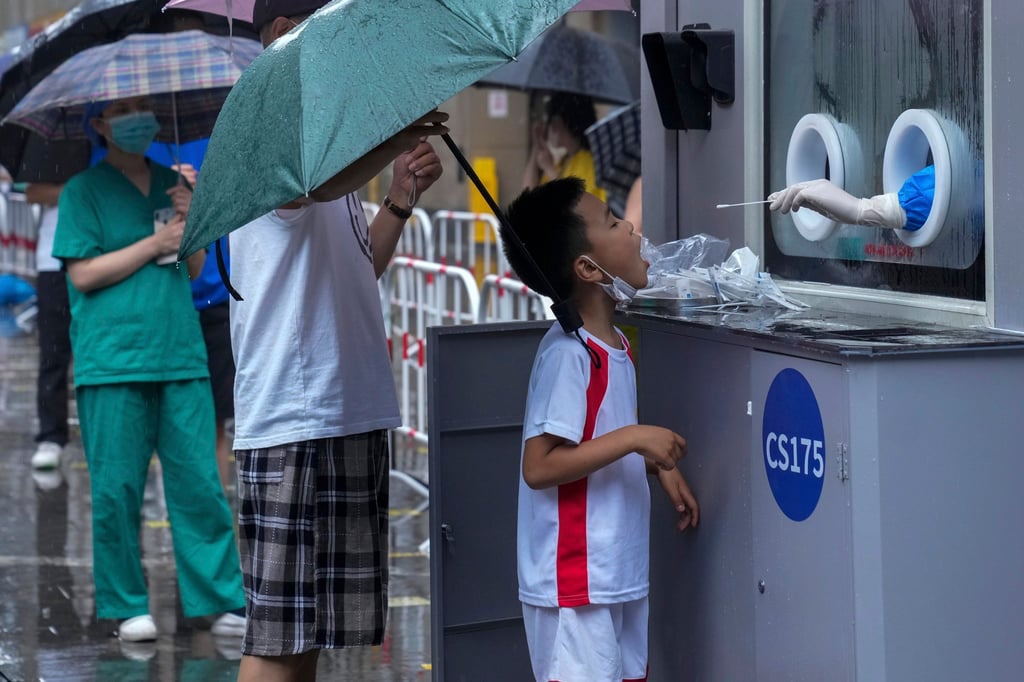Long Covid: children can have lingering symptoms but the chances are low, study finds
- Team in Denmark found children who had been infected were more likely to have experienced at least one symptom for two months or longer than those who had not
- But they said the difference was small and noted that ‘possible differences between the groups could be masked by competing diseases and vaccine side effects’

In Denmark, 58 per cent of children had laboratory-confirmed Covid-19 infections in the period from December to February. In the United States, about 17 per cent of reported cases in the period were children under 18.

For the study, researchers at the Copenhagen University Hospital sent surveys to the parents or guardians of children – from newborns to 14 years old – who had tested positive between January 2020 and July 2021. They received about 11,000 replies that were matched by age and sex to a control group comprising three times the number of children who had never had Covid-19.
The findings of the peer-reviewed study were published in The Lancet Child & Adolescent Health on Wednesday.
The survey asked about the 23 most common symptoms of long Covid in children, lasting more than two months. The children who had tested positive were more likely to have experienced at least one symptom for two months or longer than those who had not been infected. But the researchers said the difference was small and not “clinically relevant”, even if it was statistically significant.
In the group aged from zero to three, some 40 per cent of children who had contracted Covid-19 had experienced symptoms for longer than two months, compared to 27 per cent of the control group. For those aged four to 11, lasting symptoms were reported in 38 per cent of cases compared to 34 per cent in the control group. It was 46 per cent for children aged 12 to 14 who had tested positive, compared to 41 per cent in the control group.
However, the researchers noted that “because long Covid symptoms are the same as some ailments that are common in children, possible differences between groups could be masked by competing diseases and vaccine side effects”.